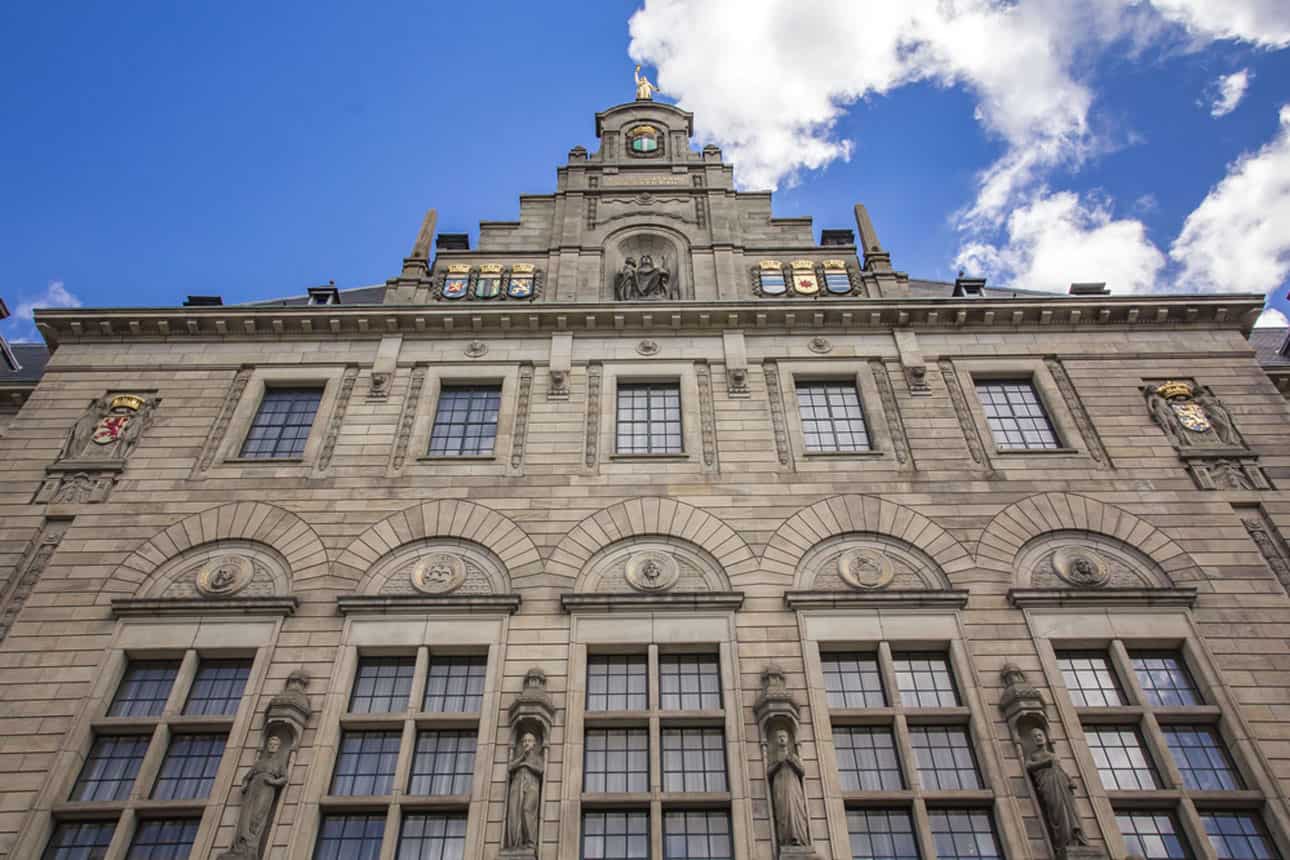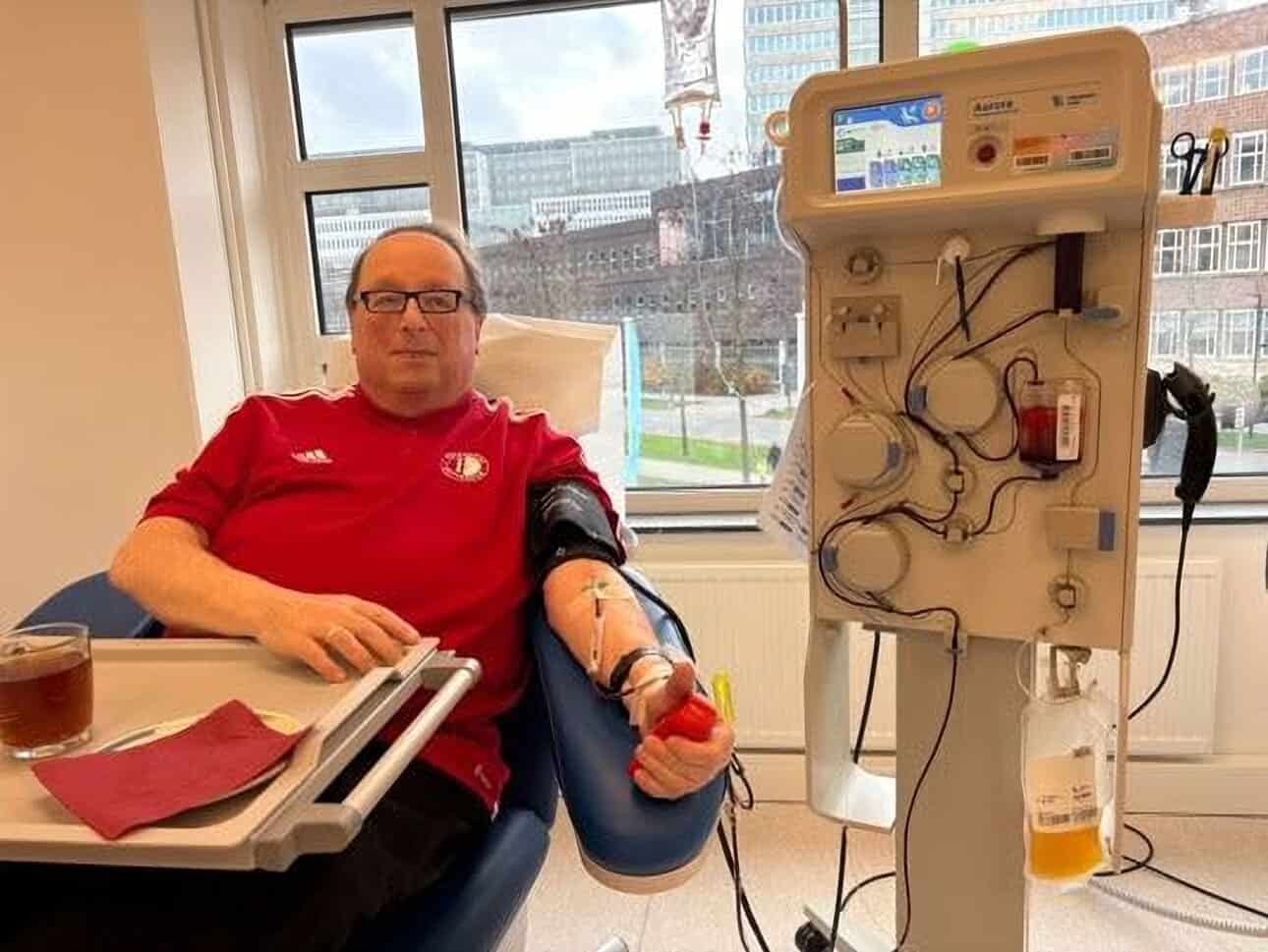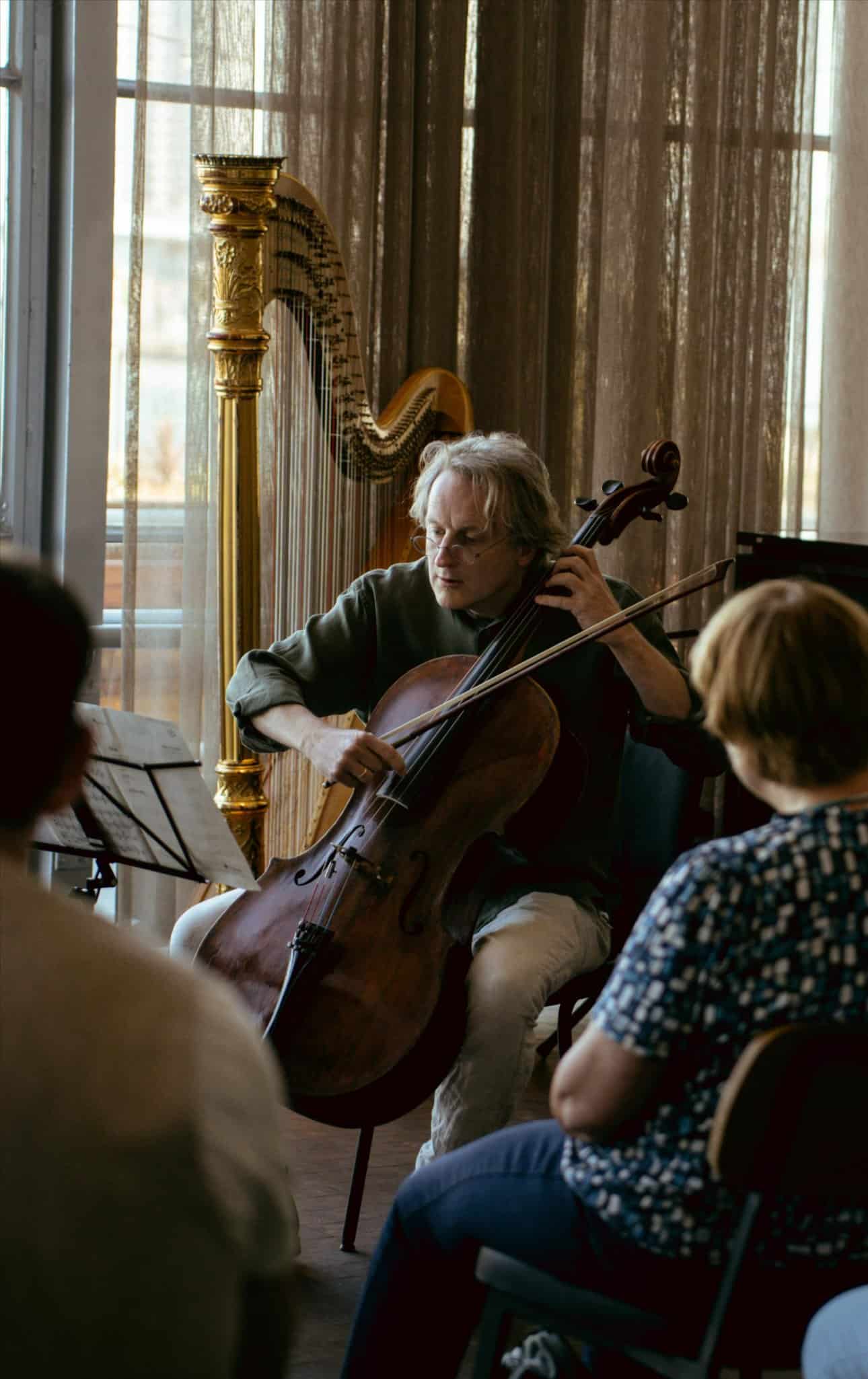ROTTERDAM, 26 September 2025 – Weekly sport and daily exercise not only make people healthier, they also reduce healthcare costs significantly. New research from the University of Groningen, commissioned by Amsterdam and Rotterdam, shows the link in detail at neighbourhood level for the first time.
Biggest impact in vulnerable areas
The health gap between wealthy and disadvantaged neighbourhoods remains wide and is reflected directly in healthcare spending. The report distinguishes between regular movement (walking, cycling, climbing stairs) and weekly sport. In vulnerable districts, weekly sport brings the greatest savings, while in wealthier areas daily activity has more effect. The findings underline that prevention through sport and exercise is essential to narrowing health inequalities.
Millions saved
The financial impact is substantial. If one percent of Rotterdam residents who are currently inactive – around 6,700 people – were to start weekly sport or meet the activity guideline, the city would save an estimated €11 million per year in healthcare costs.
On a local scale, in Charlois alone, one percent more weekly sport participation – about 700 residents – would reduce costs by €1.2 million annually. In Amsterdam, a similar scenario would yield more than €14 million in savings.
Local initiatives in Rotterdam
The results reinforce Rotterdam’s approach of encouraging sport and physical activity through neighbourhood networks. Sportregie helps local organisations to develop activities, while the Schoolsportvereniging focuses on young people in districts with limited facilities.
The platform opjouwplein.nl provides free access to sports on Cruyff Courts and Krajicek Playgrounds, making the local offer more visible and accessible. These initiatives are designed to get more young people moving in an informal and low-threshold way.
Call for national support
Despite the proven savings, the benefits of lower healthcare costs mainly go to insurers and the national government, while municipalities carry much of the investment burden. Amsterdam and Rotterdam are therefore calling on insurers and political parties in The Hague to make structural investments in prevention. They argue that only joint action on sport and movement can reduce the health gap between rich and poor.














